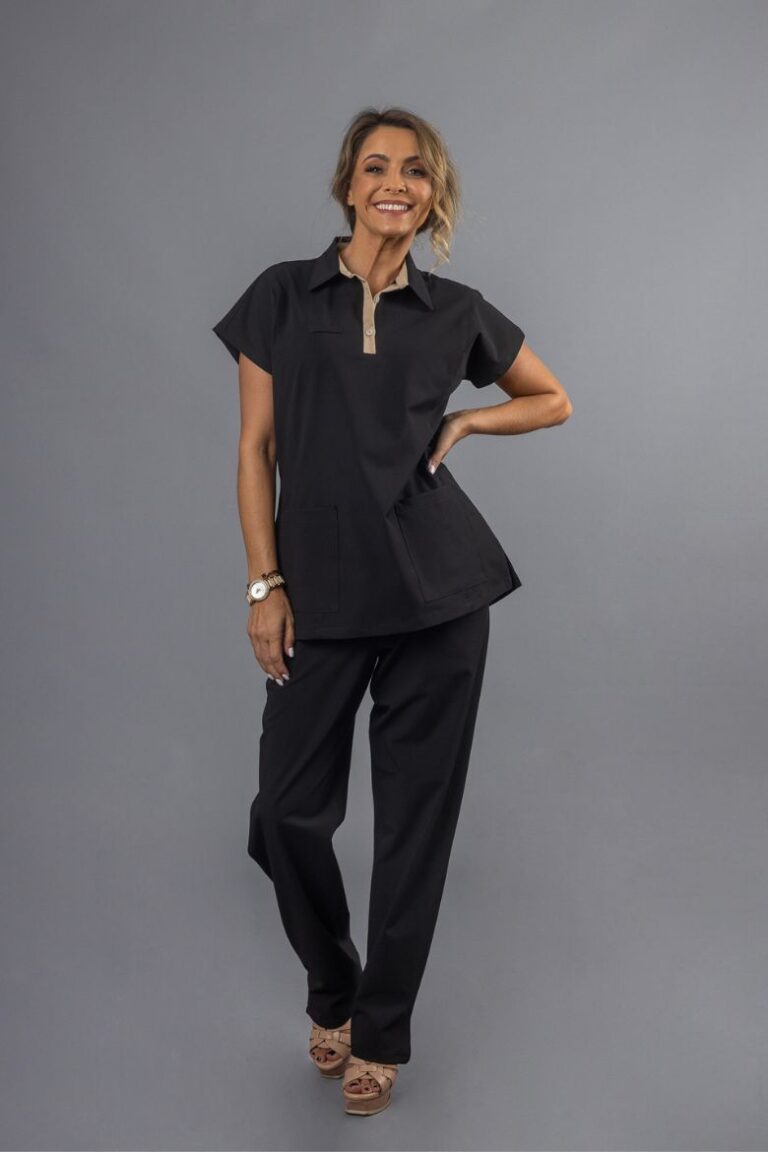
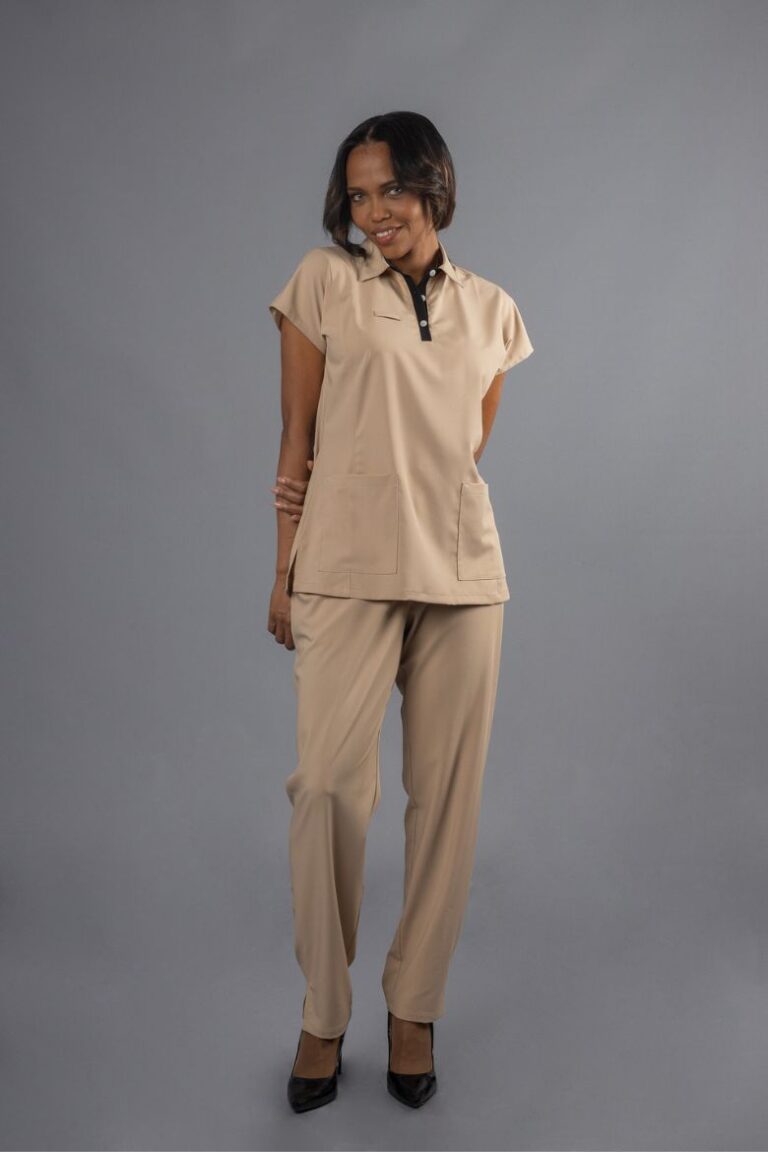
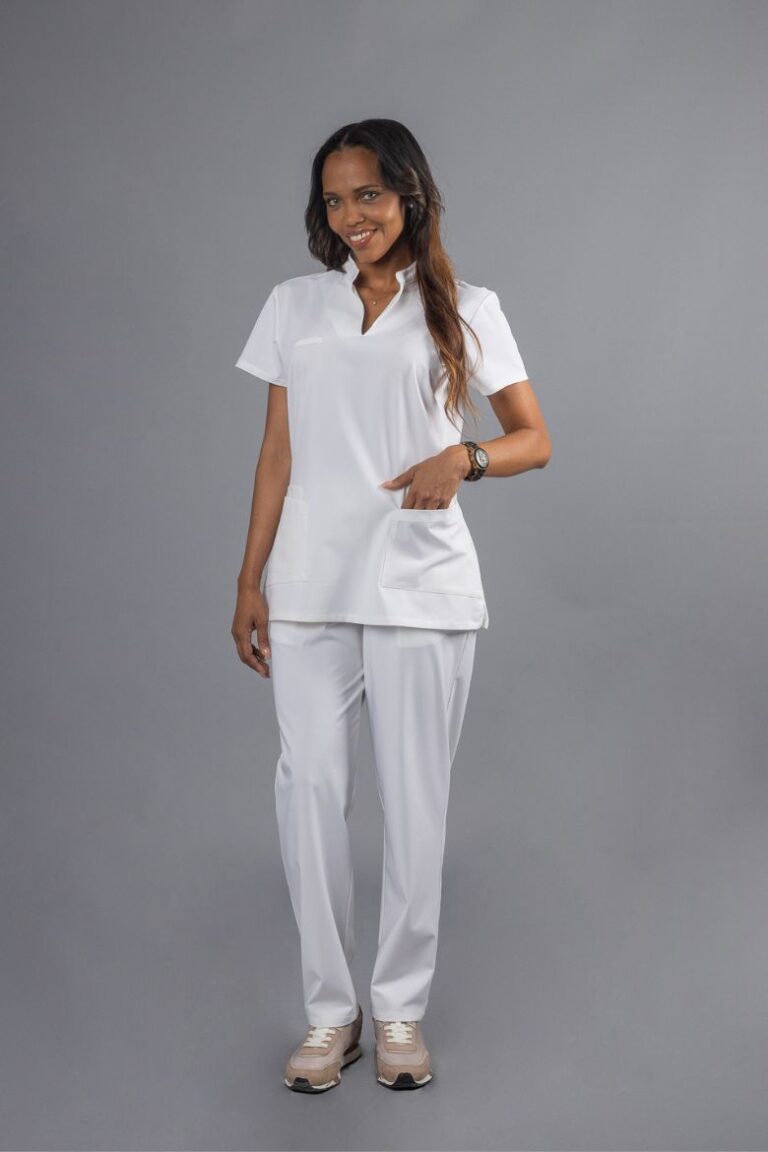
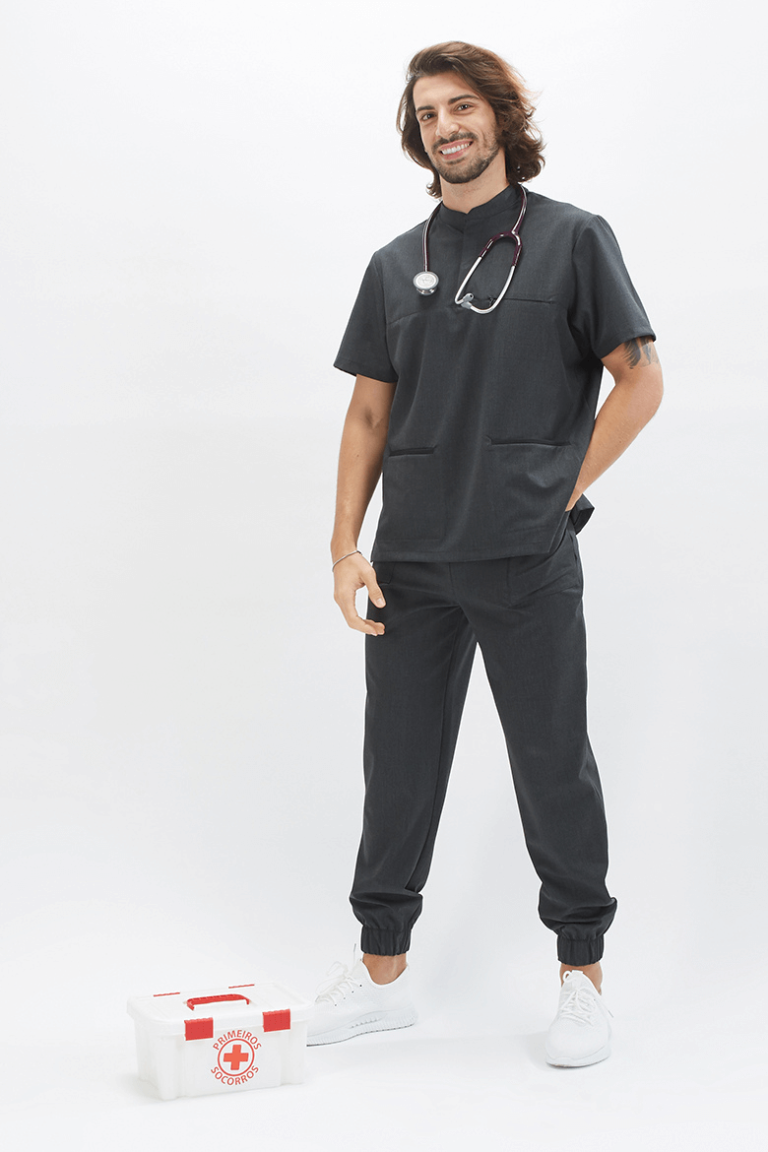
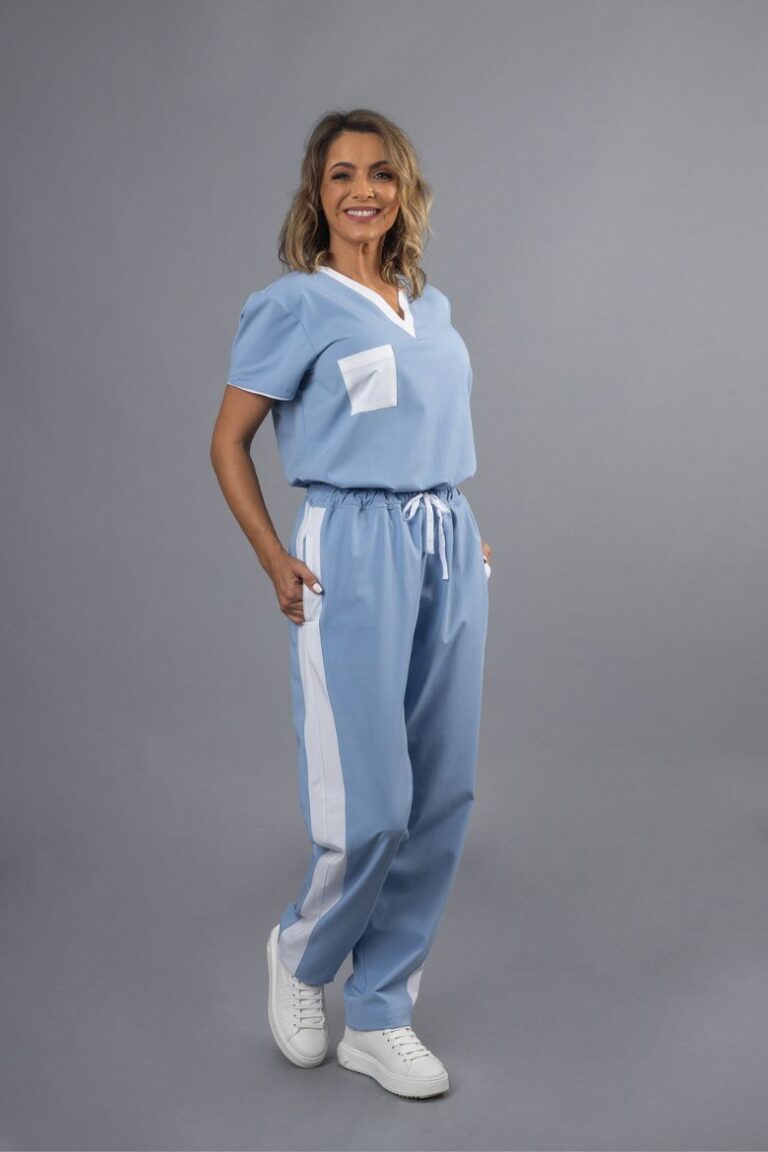
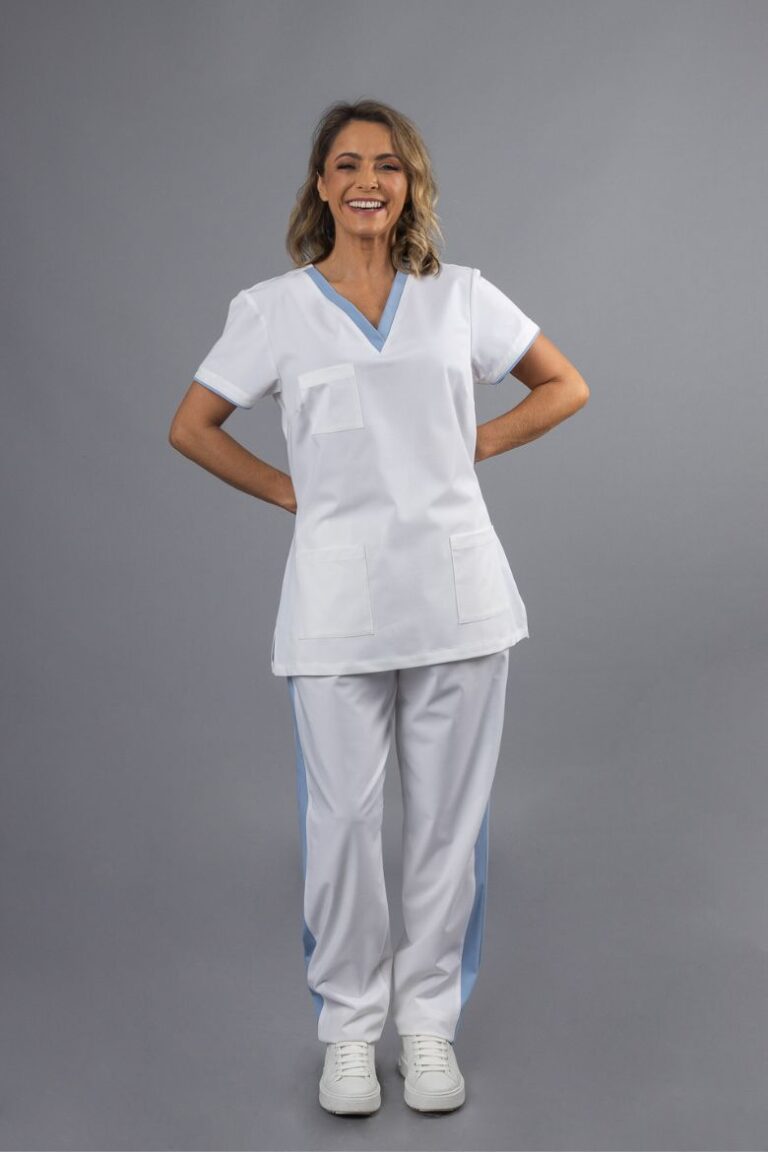
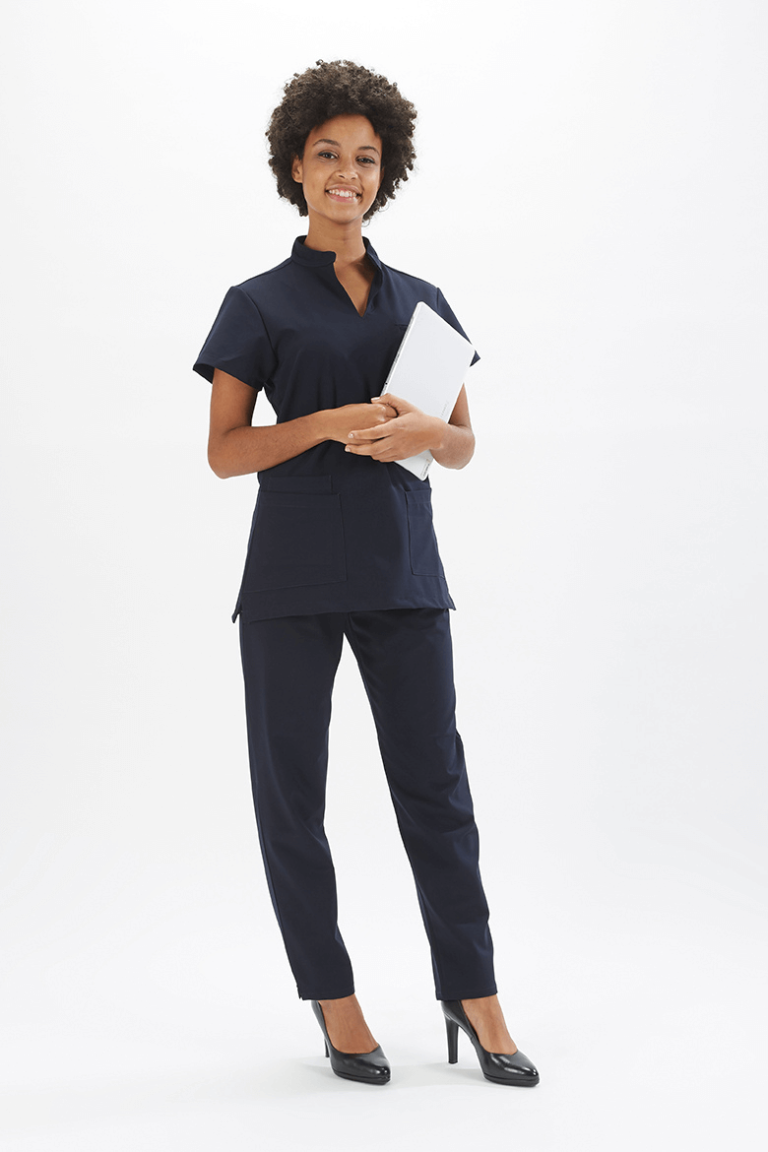
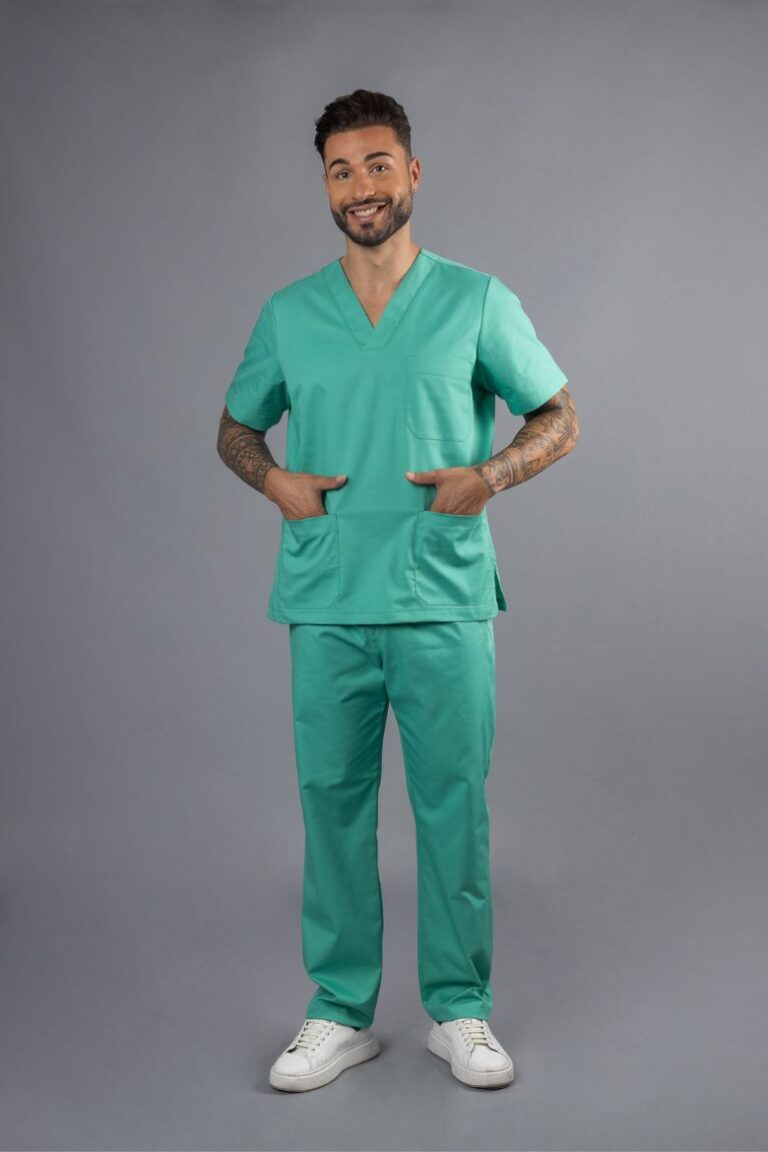
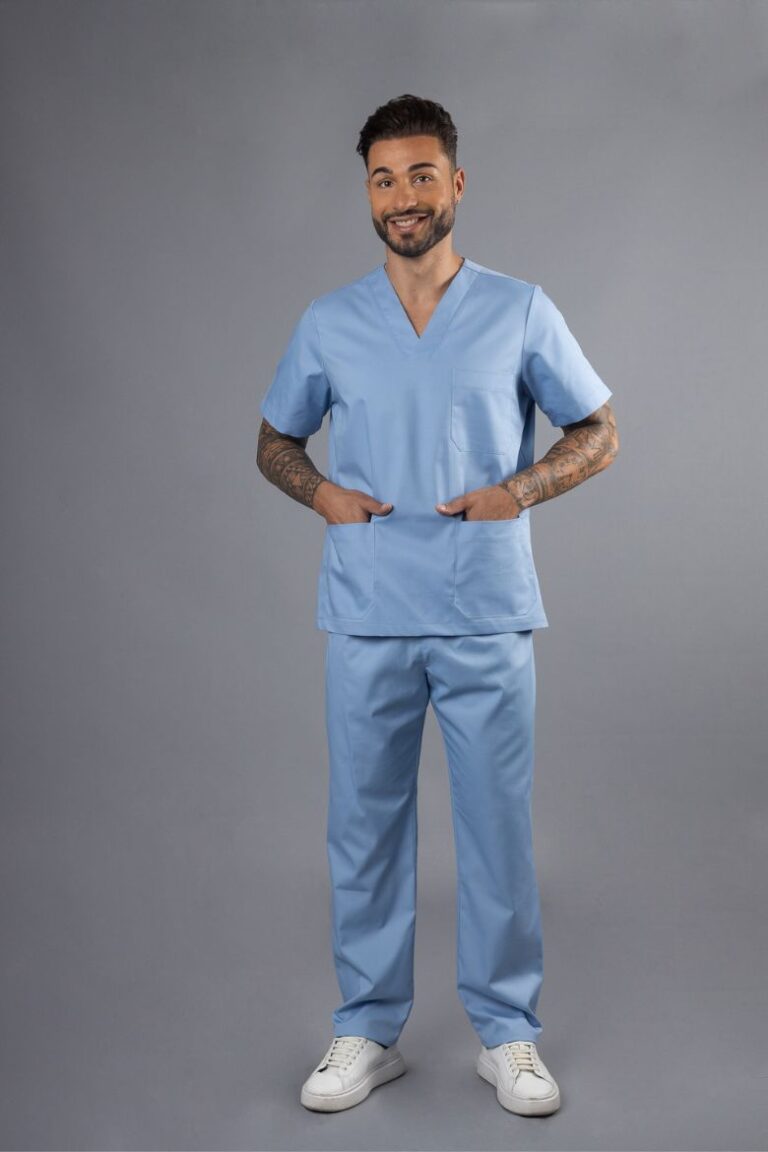
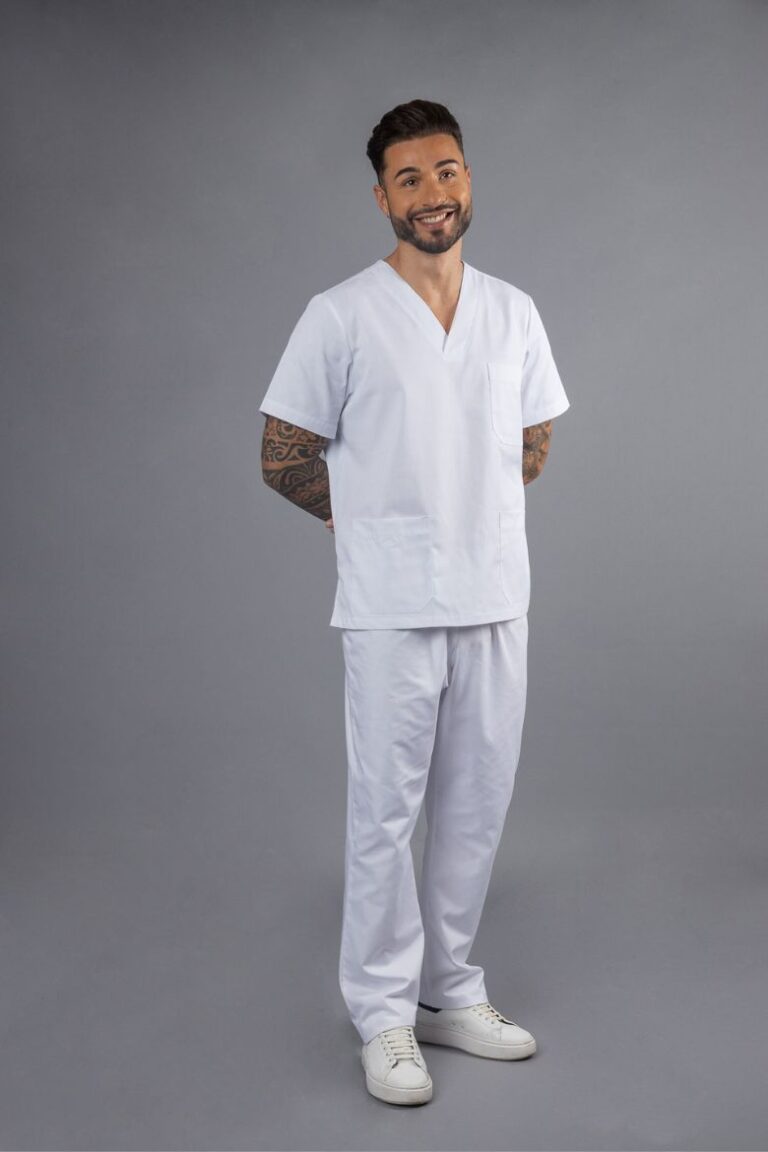
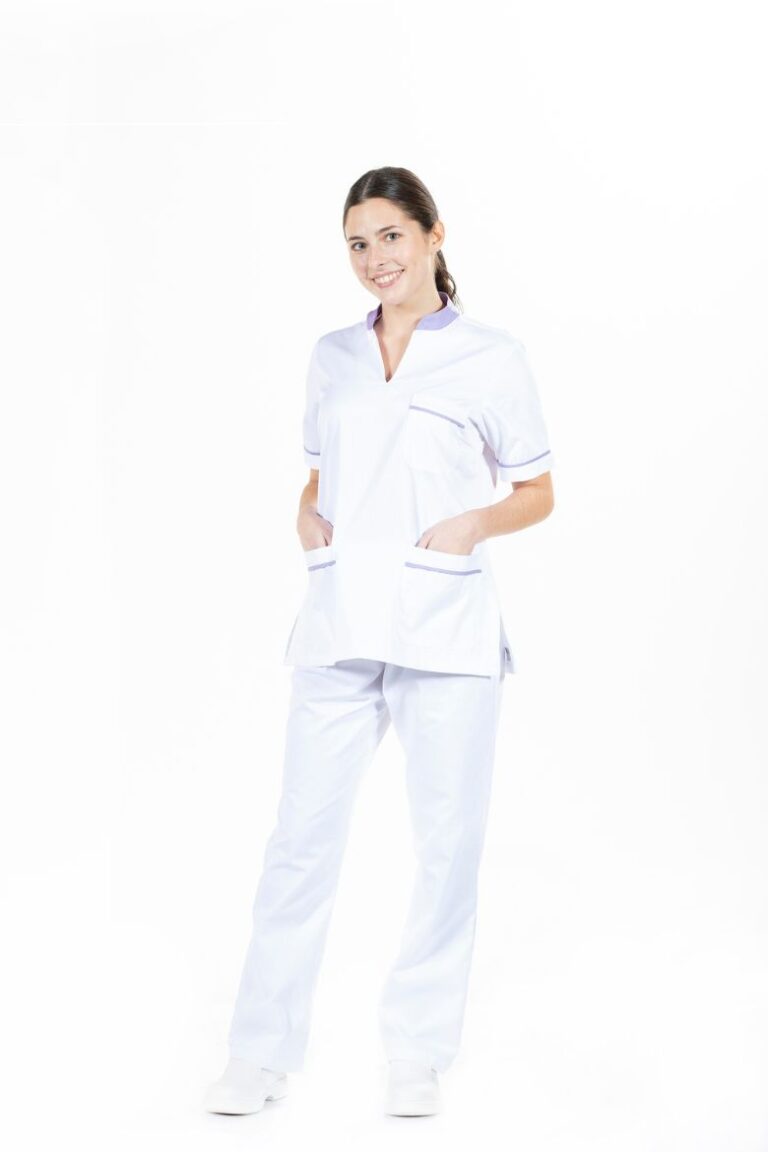
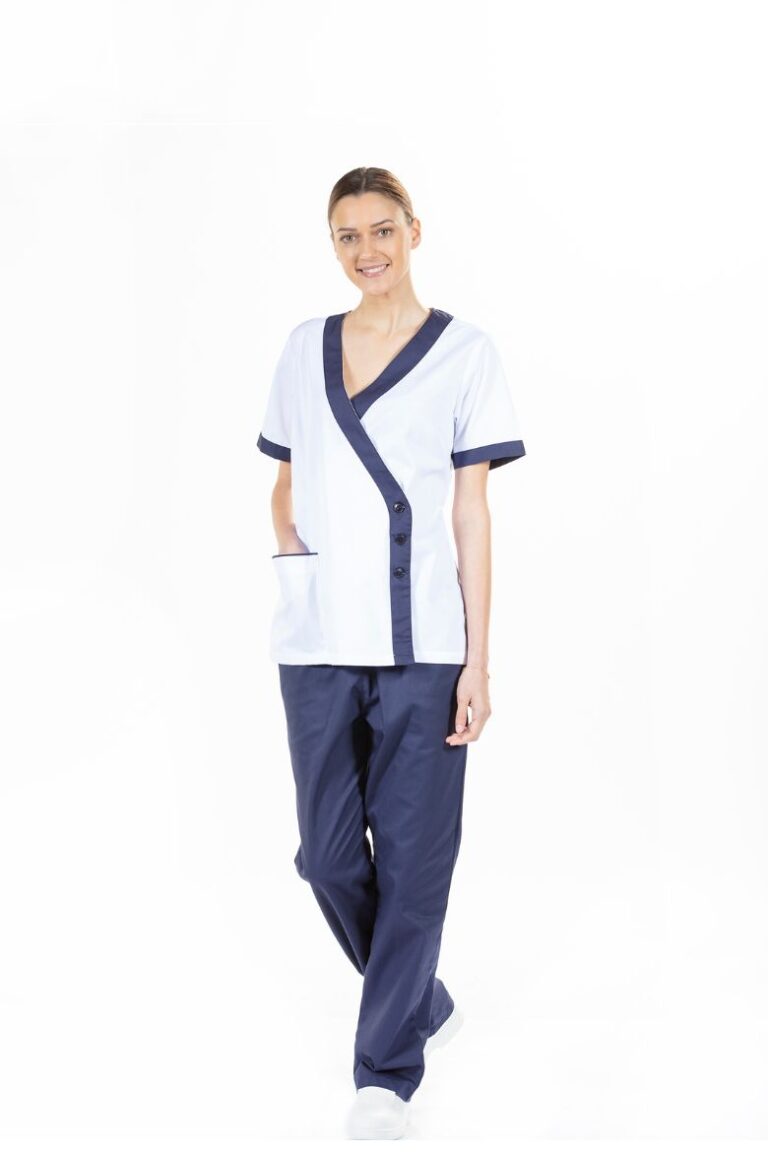
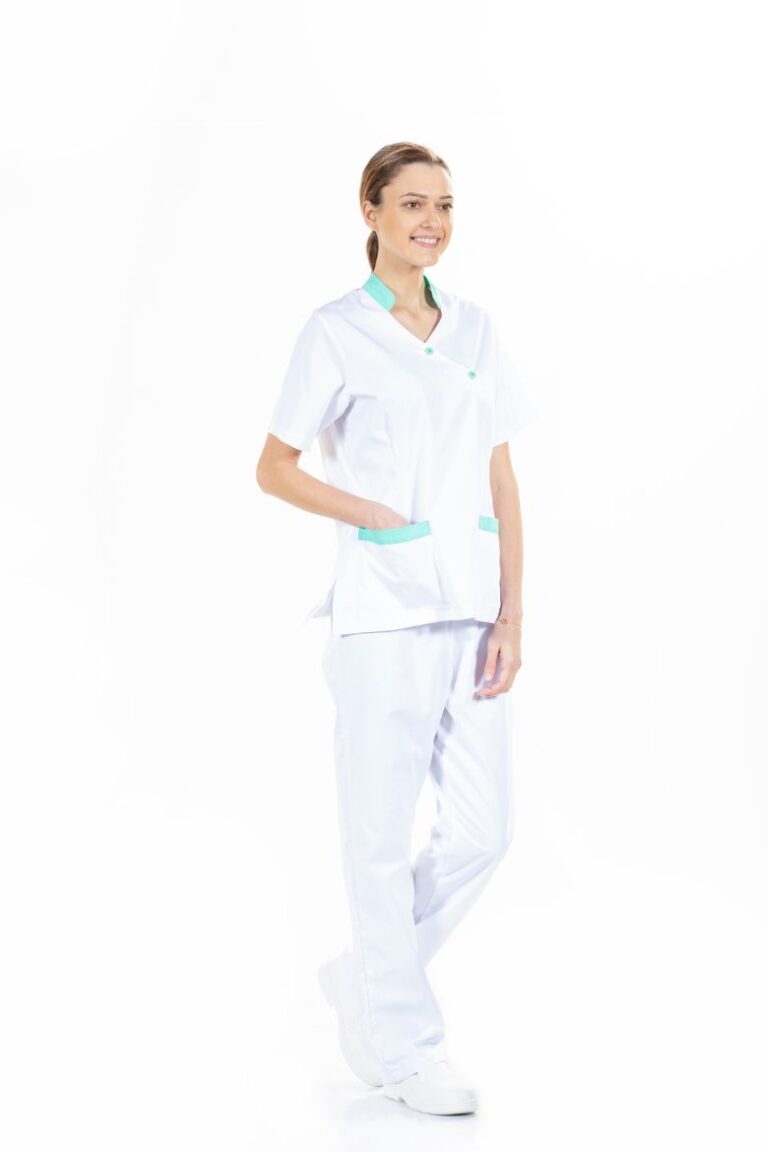
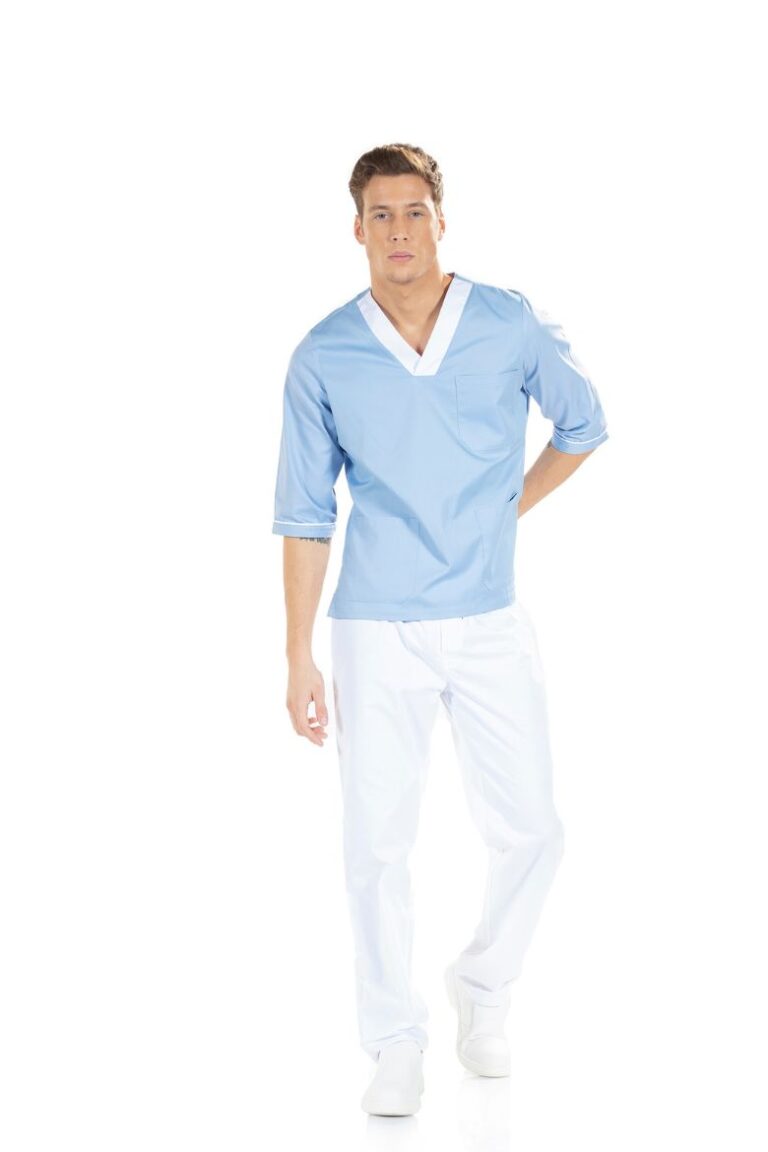
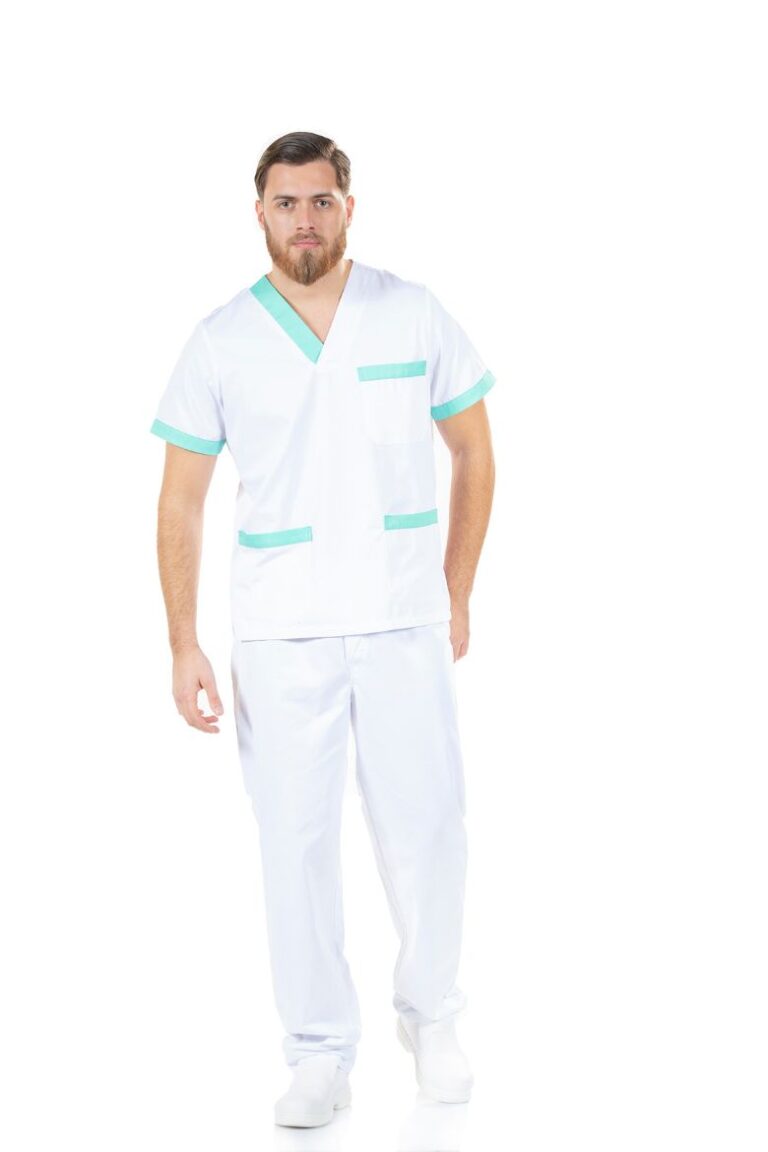
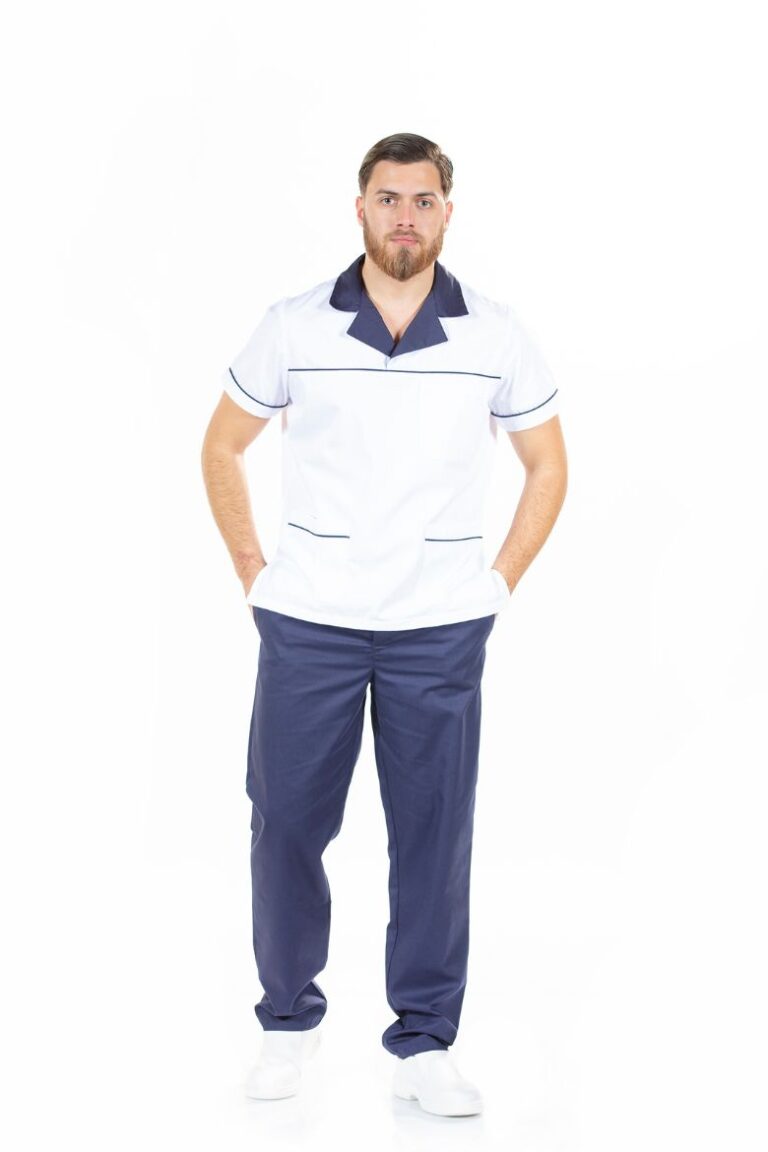
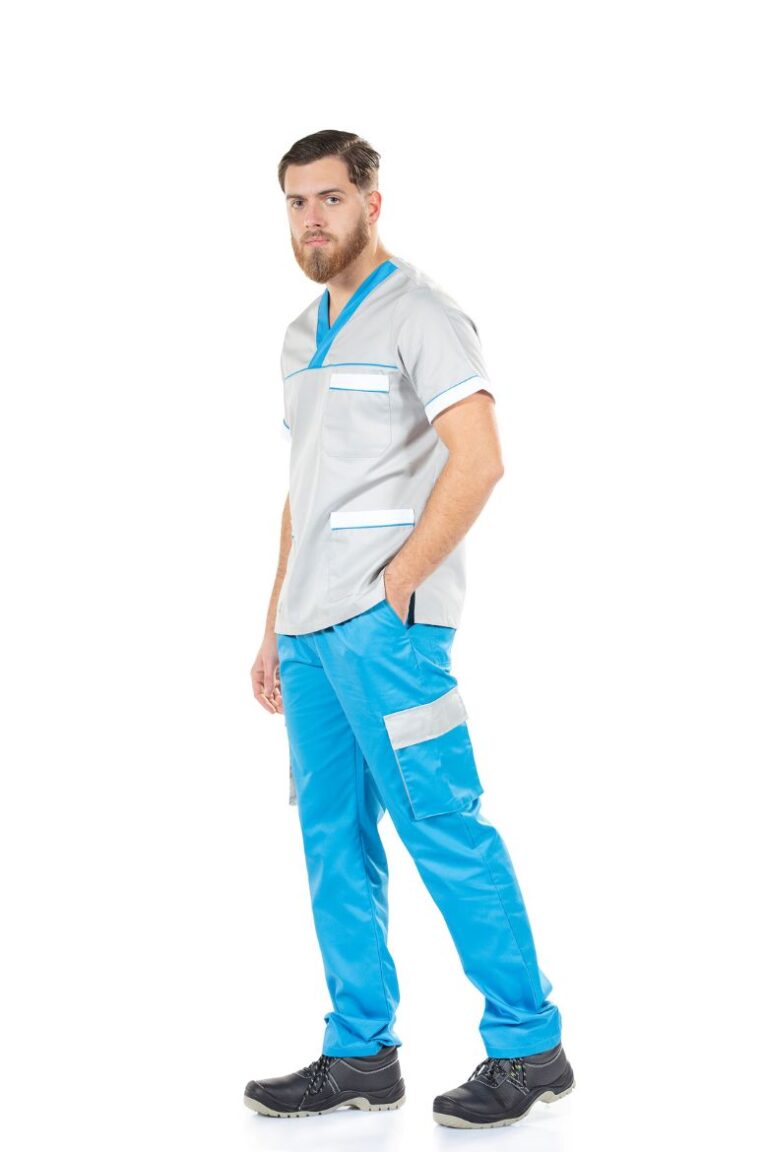
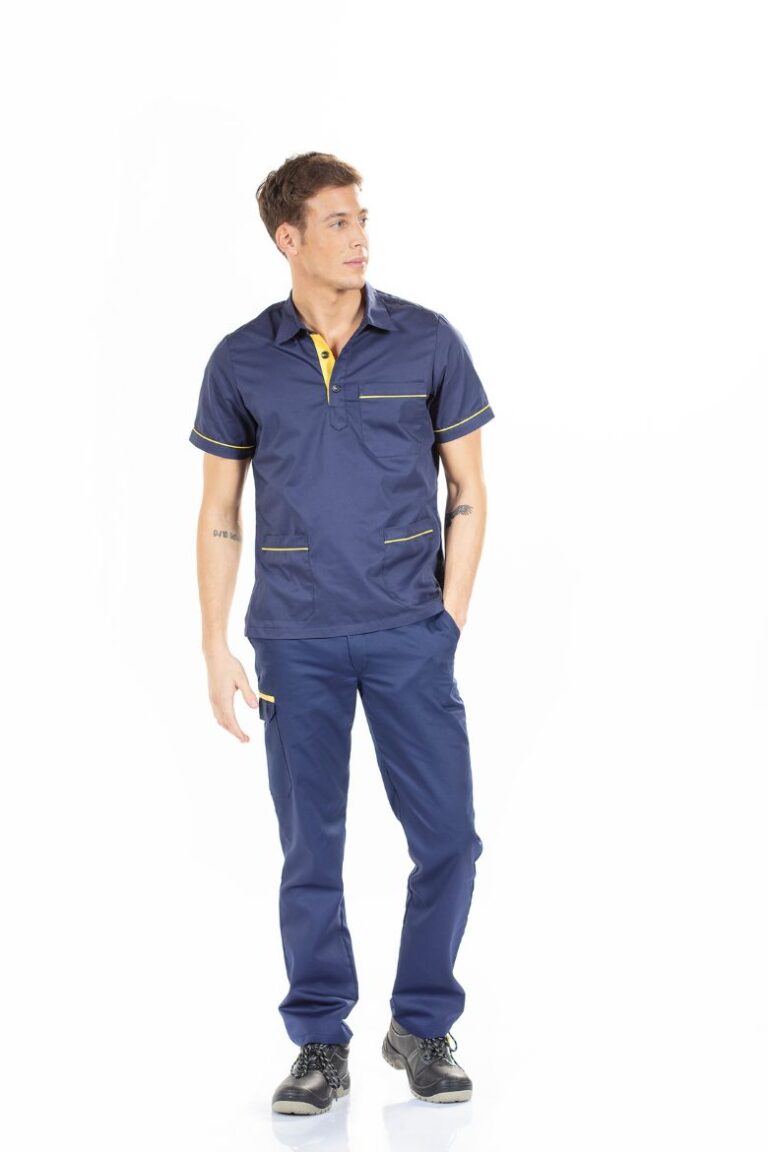
Products with visible prices are those that can be purchased immediately, online, without requiring minimum purchase quantities. This means you can explore our variety of options and purchase exactly what you need, with complete transparency regarding costs and the Professional Apparel model. On the other hand, products without a listed price function as a portfolio of possibilities. These items are highly customizable and can be tailored to each customer's individual specifications. To ensure quality and meet expectations, these products have a minimum order quantity and are subject to a custom quote process.
Work tunics are versatile garments that can be worn in a variety of professional environments and sectors. They are known for being comfortable and practical, as well as providing a professional appearance. Here are some workplaces where you might wear work tunics: Healthcare Environments: Tunics are common in hospitals, medical clinics, and dental offices. Healthcare professionals such as doctors, nurses, radiology technicians, and physiotherapists often wear work tunics due to their ease of movement and hygiene. Beauty Sector: In beauty salons and spas, hairdressers, beauticians, and massage therapists often wear tunics as uniforms. They are practical for daily work and help maintain a professional appearance. Service Sector: Professionals working in the service industry may wear work tunics that provide comfort during long working hours.
Tunics are simple garments, usually with a chest pocket, short sleeves, a V-neckline, and a fit that ensures mobility without restricting the user’s movements. Traditionally, tunics for the healthcare field are green, blue, or even white, although many professionals now prefer to wear other colors and even patterns. One of the advantages of using tunics in dentistry and healthcare, in general, is that they make these professionals easily identifiable. Like all work uniforms, this health tunic helps to identify healthcare professionals within a specific area. These identifications are usually reinforced through customization, either by incorporating the organization’s colors or by adding its logo.
Not all healthcare professionals are allowed to wear anything underneath their professional uniforms. For example, some surgical teams are only permitted to wear uniforms without extra layers to reduce the chances of contamination.
However, there are other departments or healthcare areas where it is allowed for users to wear additional layers under or over their uniforms, and in this case, concerning tunics.”
The most common layer to wear under a tunic is a long-sleeve shirt in more neutral colors. Although the purpose of this long-sleeve shirt is to provide extra thermal protection, it can potentially transmit germs. When choosing a long-sleeve shirt to wear under a tunic, look for a high-quality, breathable fabric. Also, choose a fabric that controls moisture absorption. Since this extra layer will be closer to your skin, you want it to absorb sweat rather than leaving it on your skin until it evaporates.
Fardamento à sua medida.
Descubra as nossas
soluções.
To subscribe, please enter your e-mail address and click on “Subscribe”.
You can stop receiving our communications by clicking on the link in the footer of any of our newsletters.
Para efetuar a sua subscrição, por favor insira o seu e-mail e clique em “Subscrever”.
Poderá parar de receber as nossas comunicações, ao clicar no link para o efeito encontrado nos rodapés de qualquer uma das nossas Newsletters.
UNIFARDAS® supports Espaço T, which is an inclusive organisation, of all and for all, and our common goal is to increase employment opportunities for young people with special needs and/or who, for some reason, have been excluded from the labour market.
We work hard to provide safe working conditions by going beyond the imposed and mandatory minimums.
We support, nurture and offer continuous training programmes aimed at improving skills.
At UNIFARDAS® we keep up to date with the latest technologies and innovations that can optimise our production process making it more efficient and close to zero waste.
UNIFARDAS® is a partner of Espaço T, an inclusive organisation, of all and for all, with the common goal of increasing employment opportunities for young people with special needs and/or who, for some reason, have been excluded from the labour market. In this organisation, immigrants will also find a support network in finding work and housing.
In addition to the sustainable path we have been taking throughout our production and supply chain, UNIFARDAS® participates, supports and organises a beach clean-up every year after the bathing season, in partnership with World Clean-up Day. We are also partners of Seaqual, an entity that, together with some other partners, promotes the collection of ocean waste and its transformation into upcycled marine plastic that will then be used in the production of fabric and other sustainable products.
In addition to the sustainable path we have been taking throughout our production and supply chain, UNIFARDAS® participates, supports and organises a beach clean-up every year after the bathing season, in partnership with World Clean-up Day. We are also partners of Seaqual, an entity that, together with some other partners, promotes the collection of ocean waste and its transformation into upcycled marine plastic that will then be used in the production of fabric and other sustainable products.